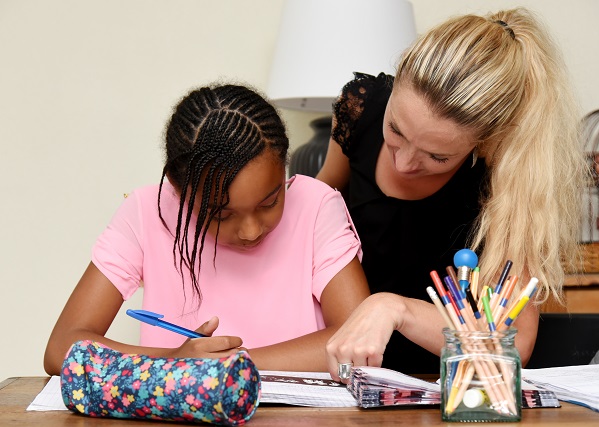
Minister of education Nikki Kaye has announced that up to 15 MOE senior staff will be employed in 30 Communities of Learning to implement access to learning support (previously special education).
“This is the wrong approach. Every child in every school, regardless of whether it is in a Community of Learning or not, must have equitable access to learning support. To design a new special education system that discriminates against children based on whether the school they attend is in a Community of Learning or not is abhorrent,” NZEI president Lynda Stuart says.
“Teachers and parents are crying out for additional resourcing for children with learning needs, and yet the Government is putting extra resources into one type of schooling model, rather than coming up with a solution that works for every child in every school.”
She says the decision to roll out the learning support pilot in the Bay of Plenty to a further 30 Communities is premature and not evidence-based. Communities of Learning are themselves a new and unproven experiment.
“Interesting collaborative work around learning support is happening in the Bay of Plenty – and in many other areas,” she says. “But to roll out a major system change on the basis of an experiment of a few months’ trial and a single case study is patently irresponsible.”
She said what all schools needed was recognition, resourcing and professional learning for special needs coordinators and teacher aides in every school.
She said the Ministry’s own reference group of experts from the sector advised just this week against basing special education reform solely on the Communities of Learning pilot, and that national education sector leaders had expressed the same view to the Ms Kayelast week.
“The Government’s singular commitment to the Community of Learning model means they are not listening to advice from the sector and are failing to meet their obligations to support every child that needs it.”
Key elements of the new approach trialled in the Bay of Plenty include:
The much-delayed English draft curriculum is now out for consultation, generating discussion from teachers.
Research from AUT demonstrates arts, culture and recreation have positive impacts on all aspects of…
How effective has the school phone ban been in achieving its aims? Researchers from the…
School camps and excursions deliver hands on learning experiences, helping to consolidate classroom learning.
Innovations in AV technologies present new opportunities to engage with students. We look at how…
A new report from the University of Auckland’s Our Voices Project asks young people what…
This website uses cookies.